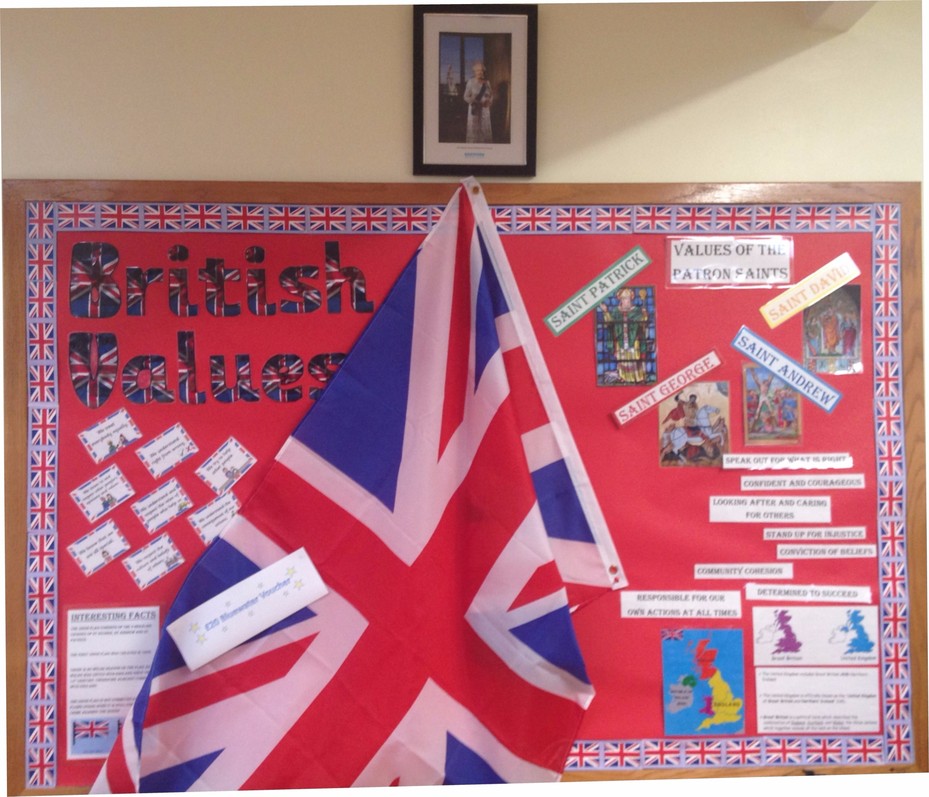Mission Statement
Bean Primary’s Curriculum
Intent
At Bean Primary School, we are committed to promoting well-rounded pupils, who have a desire to embrace their learning opportunities with enthusiasm. Therefore, becoming the very best that they can be, (UN Rights of The Child - Article 29). As a Rights Respecting School, we have developed our School Code of Conduct which promotes respect in eleven key areas; this was agreed by the Rights Respecting Ambassadors, Parents Forum, Staff and Governors. British values are promoted alongside this code and underpin the whole community.
The curriculum is delivered in part, through six topics in each year group across the year which make clear links between subjects drawn from the National Curriculum. Many areas are linked, although certain aspects of the curriculum are more discrete than others in order to ensure adequate coverage. Our conviction is that by making these links, pupils are empowered, make connections, transfer knowledge and embrace and engage with their learning experiences in an enjoyable and memorable way.
Lessons are planned around key questions and rely heavily on Bean’s Theory of Learning to promote knowledge, understanding and skills (the application of knowledge) take place throughout pupil’s learning experiences.
Bean’s Theory of Learning Mission Statement

A broad range of before and after school clubs, numerous performance opportunities and two residential trips in Years 5and 6 help to enrich pupils’ learning experiences. Our intentions are that our pupils have a positive sense of self-identity, are able to relate and interact well with others and have the knowledge and skills to ensure a confident, resilient and successful transition to their next phase of learning and beyond. School staff are currently developing the curriculum and are now looking to refine and improve its reach and impact to ensure our aims are achieved.
Our Aims:
- to produce respectful, well-rounded young citizens with a determination to succeed.
- provide equal opportunities for all children, regardless of their background and starting points.
- encourage children to take responsibility for themselves, their school and environment resulting in an improved society through their contributions.
- make significant progress across the range of concepts taught in the curriculum.
- develop children’s application of knowledge through carefully planned, high quality questioning and activities, where a wide range of thinking skills are required.
Implementation
We know that children learn better when they are excited and engaged. At Bean Primary we are constantly looking to provide stimulating and motivational learning opportunities, which not only challenge our pupils but also inspire them to continue their learning beyond the classroom.
We also recognise that effective learning needs to have a balance of many elements and if there is too greater focus on one aspect, learning can be limited. It is for this reason, we have carefully designed our curriculum around rich learning experiences in the classroom, combined with outdoor learning opportunities and a healthy emphasis on physical activity and sporting engagement.
Teachers select from a range of agreed lesson starters to check previous learning and ensure visual, auditory and kinaesthetic learning styles are catered for. Key questioning is used to assess pupils’ learning and introduce key knowledge and skills which have been carefully planned through the content and skills progression documents. Teachers access progress across the curriculum and record this information on Target Tracker. Subject leaders then monitor progress and achievement, identify gaps and introduce improvements where necessary.
Impact
To ensure our curriculum is highly effective, we regularly monitor its output. In order to do this, we place a growing emphasis on pupil voice. We spend time speaking with our pupils about their curricular experiences, constantly seeking to improve them.
We also recognise that great learning needs to be meaningful to pupils where existing knowledge can be transferred to different contexts. It is for this reason, we have carefully designed our curriculum around six topics across the year.
Leaders, including middle, senior and governors, review pupils’ outcomes, data and teaching to judge the standards of teaching and learning across the curriculum.
By including pupils in the decision making process round their learning, pupils are more engaged and take greater ownership of their learning. This has led to including pupils in the recruitment process as we seek the views of the learners. Our Rights Respecting Ambassadors meet regularly with school leaders and inform them about potential improvements.
Children start out in Reception with a great deal of curiosity where staff introduce provocations to stimulate learning. Pupils will plan their own learning and carry out their intentions, evaluating the outcomes. Teachers seek to build on these qualities through KS1 and 2 and embrace pupil’s desires to understand the world around them.
As a Rights Respecting School, pupils are very aware of their rights. This fosters within them an expectation to progress and achieve. This leads to positive self-esteem and resilience amongst our pupils. It also promotes empathy for others as pupils become more aware of the rights of others and therefore the corporate sense of responsibility that we share in caring for each other and improving our community.
By the time our pupils leave Year 6, they are ready for the challenges and opportunities that await them in the next stage of their learning adventures.
British Values
- democracy.
- the rule of law.
- individual liberty.
- mutual respect for and tolerance of those with different faiths and beliefs and for those without faith.




